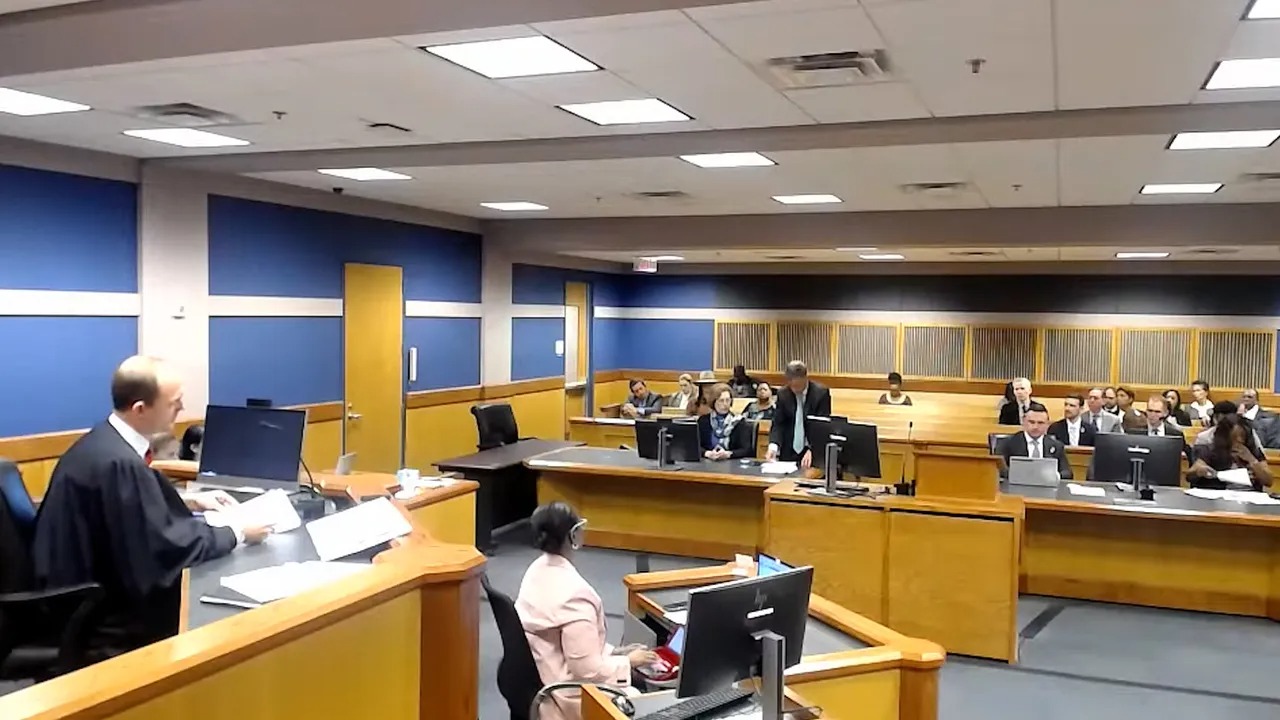The U.S. Supreme Court has decided not to hear an appeal from a group of lawyers, including Sidney Powell and Lin Wood, who faced sanctions in Michigan over their involvement in baseless claims of election fraud during the 2020 presidential election.
This decision leaves in place a ruling from the U.S. Court of Appeals for the 6th Circuit, which upheld the sanctions imposed on the lawyers.
The legal battle stems from a lawsuit filed in Michigan by Powell, Wood, and others attempting to overturn the state’s election results.
The lawsuit, which alleged widespread fraud in the electoral process, was part of a broader effort by allies of former President Donald Trump to challenge the outcome of the 2020 election.

In response to the lawsuit, a district court in Michigan imposed sanctions on the lawyers, ordering them to pay over $175,000 to cover the legal fees incurred by the city of Detroit and the state in defending against the baseless claims.
Additionally, the lawyers, including Powell and Wood, were referred to the bar associations in their respective states for disciplinary proceedings.
The district court justified the sanctions as a deterrent against future lawsuits that are primarily aimed at spreading false narratives about the integrity of the election process. The U.S. Court of Appeals for the 6th Circuit upheld the sanctions but reduced the monetary penalty to just over $150,000.
The Supreme Court’s decision not to hear the appeal effectively upholds the lower court rulings, reinforcing the consequences for lawyers who engage in litigation that is deemed frivolous, misleading, or lacking legal merit.
Sidney Powell, known for her dramatic assertion that she would “release the Kraken” in reference to legal challenges against the 2020 election results, has been at the center of multiple legal actions related to her involvement in efforts to overturn the election.
In addition to the Michigan sanctions, Powell faced charges in a racketeering case brought by the Fulton County District Attorney in Georgia. In August, Powell was charged in the Georgia case, which accused her of participating in a scheme to spread false information about the election.
In October, she reached a plea deal with prosecutors, agreeing to plead guilty to six misdemeanor counts. The charges and plea deal were part of a broader effort to hold individuals accountable for their roles in promoting unfounded claims of election fraud.
The Supreme Court’s decision not to take up the appeal is seen as a significant development in the legal fallout from the baseless challenges to the 2020 election.
It underscores the importance of maintaining the integrity of the legal system and discouraging legal actions aimed at undermining public confidence in the electoral process.
While the sanctions in Michigan focused on the financial penalties and disciplinary referrals, they also serve as a cautionary tale for lawyers who may consider engaging in similar litigation tactics in the future.
The legal consequences faced by Powell, Wood, and their colleagues highlight the responsibility that attorneys bear in upholding the principles of the legal profession and respecting the rule of law.

